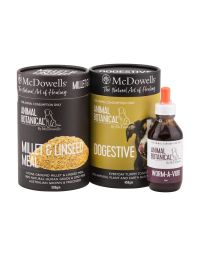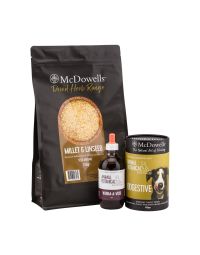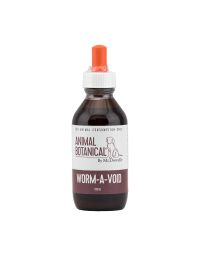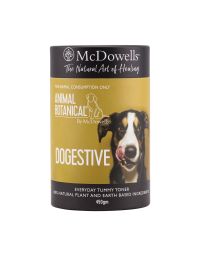Canine internal worms, excluding tapeworms, often go undetected until they cause noticeable symptoms.
The gold standard for identifying an infestation is a veterinarian-performed fecal examination, rather than administering wormers on routine or assumption-based schedules.
Common Types of Canine Worms
Dogs may host various internal parasites, including:
- Roundworms (Toxocara canis)
- Hookworms (e.g., Ancylostoma caninum, Uncinaria stenocephala)
- Whipworms (Trichuris vulpis)
- Tapeworms (Dipylidium caninum, etc.)
Prevalence studies
In some regions, nearly one in five dogs may harbor roundworms, hookworms, or whipworms
Roundworms (Toxocara) often infect ~5% of adult dogs, with puppies especially vulnerable due to in utero and milk-borne transmission
Whipworm prevalence varies widely—ranging from ~3% to over 40%, depending on location and environment
How Dogs Become Infected
- From mother to pup: In utero transmission (notably for roundworms), or via nursing.
- Ingesting contaminated material: fecal matter, soil, or prey.
- Skin penetration: Hookworm larvae can enter through the skin
- Fleas as vectors: Tapeworms often require ingestion of an infected flea to transmit
Health Impacts & Zoonotic Risks
- Roundworms: Can cause vomiting, diarrhea, weight loss, and are a human health risk (e.g. ocular or visceral larva migrans)
- Hookworms: May lead to anemia, weakness, and diarrhea; also zoonotic, causing cutaneous larva migrans in people
- Whipworms: Often result in chronic bloody diarrhea, electrolyte issues, and weight loss
- Tapeworms: Usually less severe, but can cause irritation around the anus and nutrition depletion; often visible as rice-like segments in stool
Veterinary Diagnosis & Prevention
According to the Companion Animal Parasite Council (CAPC) fecal testing should be done at least four times in a dog’s first year, and at least twice annually in adults, depending on health and lifestyle (Companion Animal Parasite Council).
Natural and Herbal Support: Benefits & Limitations
While chemical dewormers are highly effective, there is growing interest in gentle, more holistic approaches to support gut health and help manage worm burdens - rather than pursuing complete eradication at every fluctuation.
McDowells emphasises the value of supporting the body’s natural balance rather than aggressive parasite eradication. Their recommended formulation, Worm-A-Void, includes a blend of herbs such as aloes, gentian, garlic, wormwood, and others, combined with Bach Flower Crab Apple. This mix is designed to:
- Tone and support gut integrity
- Discourage excessive worm burden, helping the body manage low-level, non-threatening infestations
- Support recovery and resilience post-treatment




